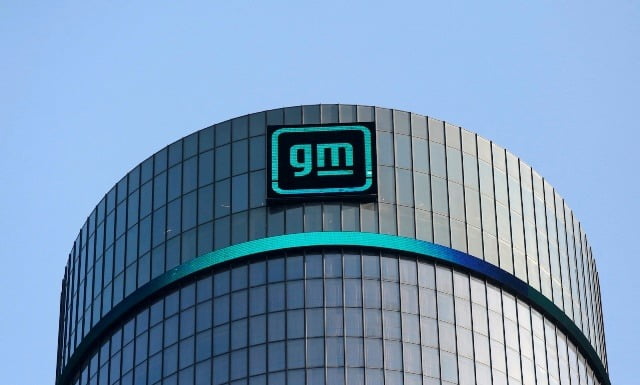General Motors (GM) is revamping its performance evaluation system for salaried employees in the US. The objective is to reward high performers and encourage low performers to either improve or leave.
Under the new strategy, the top 5% of employees will receive 150% bonuses, an increase from the previous system. This change will also aid the company in attracting and retaining the talent necessary to achieve its ambitious goals as it shifts towards electric vehicles.
The updated performance-ranking system, outlined in an internal memo, introduces a five-scale evaluation range. The rankings range from ‘significantly exceeds expectations’ to ‘does not meet expectations’, and bonuses are tied to these rankings. This adjustment affects approximately 53,000 salaried employees at GM in the US and will be used during year-end performance reviews.
The new system at GM includes a top and bottom tier in addition to the previous three-category evaluation method. It is expected that about 70% of the workforce will fall into the ‘achieves expectations’ category and receive 100% of their target bonuses. Meanwhile, the roughly 5% categorized as ‘does not meet expectations’ will face ‘appropriate action’, potentially including termination.
A performance-focused culture is considered crucial for attracting and retaining top talent in the fiercely competitive automotive industry. According to Reuters, a GM spokesperson emphasized the company’s commitment to nurturing and rewarding high performance, which involves clear expectations, developmental feedback, and performance-based rewards.
Moving to a five-point scale is a common approach that allows for a more nuanced differentiation of employee performance, as noted by experts. While the changes may lead to incremental costs related to bonuses or severance packages, they often enable companies to allocate funds more effectively by paying employees based on their performance.
